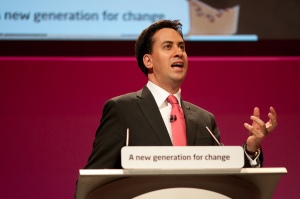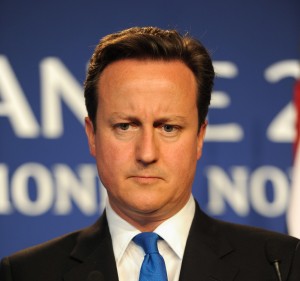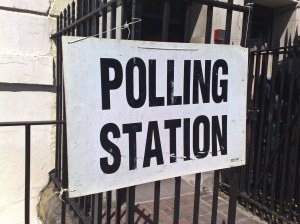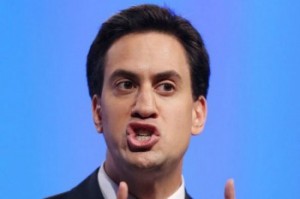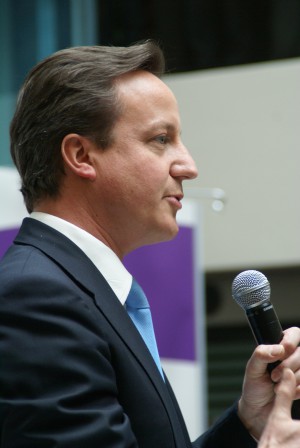Britain’s currently a country without a Prime Minister. The Conservative Party without a leader, but make no mistake, her Majesty’s Opposition is in turmoil and having an existential crisis. The referendum result saw Labour heartlands falling like dominoes to Brexit. Salford, Stoke, Sunderland and South Wales. All areas with a strong Labour heritage, all areas that voted decisively for us to leave the EU. The vote’s a stark contrast with the party, who are the main pro-European party of Britain, despite previous unsuccessful anti-EU stances.
The comparison with Scotland and the independence referendum is worthwhile. A divisive contest left a divided nation. Whilst the result was different, the anti-establishment vote led to the annihilation of the party in an area it had previously dominated. There’s a huge risk that following the Brexit vote, the same could happen again at the next election south of the border, and Labour could be wiped out in England and Wales.
As I indicated in ‘EU:The day after the night before’, my perception of the Brexit vote was a strong rejection of perceived ‘mass immigration’ and the European Union as an organisation. This leaves Labour between a rock and a hard place. They risk sticking to their guns and haemorrhaging voters to UKIP or changing their policies in line with immigration-sceptic and anti-EU voters, which could both seem disingenuous (immigration mugs anybody?), and risks losing their University educated, metropolitan backers.
The concern for the Conservative Party as well as Labour, is now the overt anti-immigration genie is out of the bottle and neither party are trusted to control it. Misguided Brexiters don’t realise that in order to survive outside of the EU but also have access to the free market, we will have to accept freedom of movement, as Norway and Switzerland have done. When Brexit doesn’t result in a sharp reduction in Schroeders Immigrant arriving in Britain, the support for both parties by the leave voters could evaporate overnight and switch over to the far-right. A dangerous scenario for British Politics and race-relations in the UK.
Whether sticking to their guns could pick up centre-right voters horrified at the turn the Conservative Party has taken remains to be seen, but with John McDonnell’s economic ideas usually out of kilter with theirs (aside from some surprising common ground) it’s unlikely.
The Brexit vote has resulted in a vote of no confidence and a leadership challenge to Labour leader Jeremy Corbyn. A wholly unfair blame game has set in. The winning margin was 1.3m voters, and I don’t think there’s anything Jeremy could have done to persuade every single one of them to vote differently. This is a proxy war against Corbynism, and should be recognised as exactly that. If he goes, the shame will be that he is the first Labour leader in a long time honestly and overtly acknowledging the pressures of immigration, pledging to do something about it by re-introducing the Migrant Investment Fund, whilst still talking about the benefits of immigration.
What to do? As always, it has to be a genuine hybrid of solutions. The argument over the EU and immigration has been lost. Whilst it’s not worth giving up efforts on changing ideas, there shouldn’t be a pinning of hopes on it, and neither should there be an expectation of ‘misguided voters returning home after their strop’. It didn’t work in Scotland and it won’t work now. Many of us recognise that the issue isn’t immigration, rather the lack of investment to support the population influx. However, with the prevailing narrative of two decades’ immigrant blaming set in, it’s a long way back from that position to convince voters of what the reality is.
From a socialist perspective there’s room for a firmer policy line on immigration. In order to provide an equally high quality service to each and every person in Britain, you have to control the amount of service users, so that inevitably some aren’t subject to overstretched services. It would be pitching equality of provision for all, but including a line on immigration that is counter to continuing the ‘come all ye faithful’ model of the mid-00s.
On the European Union, it will be subject to events in many ways. If Brexit goes swimmingly, it would make sense to continue the status quo but keep an open door to future European Union entry, depending on certain factors (Euro adoption). If Brexit does result in the economic turmoil that many of us suspect, then pitching swift re-entry would make sense to the already converted, but would further alienate those leavers who have voted Labour for decades.
What is crucial is that there needs to be a concerted effort to impress upon voters that the party honestly and genuinely understands their fears and concerns, without condescension. They need to convince the voters that the party believes their concerns and will seek to try to address them.
This would involve Labour MPs coalescing their views with those of the electorate and trying to find a middle ground between addressing their concerns and promoting the benefits of controlled immigration. It’s not an easy position to be in, and not one I envy Jeremy Corbyn for, if indeed he’s in that position for much longer.
 For those of you who missed my unmissable Trident article last month, it spoke of an issue where most people have made up their minds whilst I sit on the fence, picking up splinters.
For those of you who missed my unmissable Trident article last month, it spoke of an issue where most people have made up their minds whilst I sit on the fence, picking up splinters.
